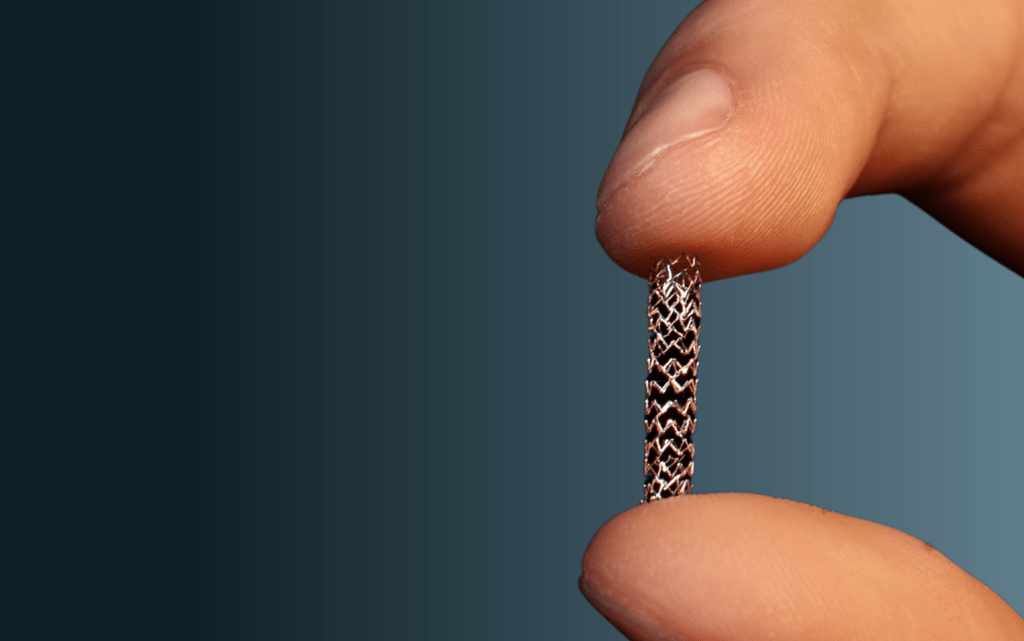Biomaterials, a term that has become increasingly prominent in the realm of medical science, refer to any substance, engineered or naturally derived, that interacts with biological systems for a medical purpose. The journey of biomaterials in medicine began with simple applications, like sutures from animal gut These materials have a rich history in medicine, tracing back to ancient times when natural materials were first used for healing and structural support in the human body. Key historical advancements include the development of stainless steel for bone fixation, polymethylmethacrylate (PMMA) in dentistry, and the introduction of heart valves. Today, the scope of biomaterials in medicine is vast, encompassing everything from simple sutures to complex drug delivery systems and tissue regeneration.

How many types of biomaterials are there?
Biomaterials can be broadly categorized into four main types: metals, ceramics, polymers, and composites.
Metals such as titanium and stainless steel are primarily used in implants due to their strength and durability.
Ceramics offer unique biocompatibility and are used in bone grafts and dental implants.
Polymers, both natural and synthetic, are versatile in drug delivery systems and tissue engineering.
Composites, combining two or more biomaterials, provide tailored properties for specific applications.
Biomaterials and Nanotechnology in Drug Delivery Systems

A significant leap in drug delivery systems has been achieved through the integration of biomaterials with nanotechnology. This synergy has led to the development of drug-eluting implants and stents that provide precise, controlled drug release, greatly enhancing treatment efficacy. Drug-eluting stents used in heart and brain procedures are a prime example, offering a targeted approach to treating cardiovascular diseases and preventing neurological complications associated with strokes.
Regenerative Medicine and Tissue Engineering

In regenerative medicine and tissue engineering, biomaterials serve as foundational elements. They are crafted into scaffolds and biodegradable materials that support the growth and repair of human tissues. This approach is pivotal in various applications, from skin regeneration to complex organ reconstructions, demonstrating the versatile nature of biomaterials in promoting natural healing processes. Additionally, advancements in this field have led to the development of 3D bioprinting techniques that use biomaterials to create tissue structures layer by layer, further enhancing the precision and effectiveness of regenerative therapies.
Applications of Biomaterials in cardiology and neurology
In the fields of cardiology and neurology, biomaterials, particularly drug-eluting stents and implants, have revolutionized treatment methods. In cardiology, drug-eluting stents are used in heart procedures to prevent artery re-narrowing, significantly enhancing patient outcomes. Similarly, in neurology, the deployment of drug-eluting implants for brain conditions marks a significant stride towards precise and effective treatment strategies, underscoring the transformative role of biomaterials in medical science.

Advancements in catheter design
Biomaterials have revolutionized catheter technology, leading to significant improvements in patient care. Traditional catheters, often made from rubber or plastic, posed risks of infection and discomfort. However, the introduction of advanced biomaterials has transformed catheter design and functionality. These new materials are more biocompatible, reducing the likelihood of infections and irritation. They also enhance patient comfort, particularly for those requiring long-term catheterization. Innovations include hydrophilic coatings that reduce friction, antimicrobial properties to prevent urinary tract infections, and materials that adapt to body temperature for increased comfort.
At Revive Medical Technologies we are exploring the potential of Biomaterials
Revive Medical Technologies (RMT) exemplifies innovation in the biomaterials domain, specializing in medical device development and advanced drug delivery systems. Their expertise in fabricating orthopedic implants with auxetic biomaterials accelerates bone healing and minimizes stress-shielding effects. In drug synthesis, RMT pioneers biomaterial-based solutions for controlled drug release, enhancing drug stability and solubility. Their proficiency in regenerative medicine is evident in their development of scaffolds for tissue regeneration, using materials like PVA and chitosan-gelatin. Furthermore, RMT’s surface coatings improve biocompatibility and device performance, particularly in reducing friction in catheters and stents. Their cutting-edge work in stimulus-responsive biomaterials, responding to environmental changes like temperature and pH, showcases their commitment to advancing medical treatments and technologies.







